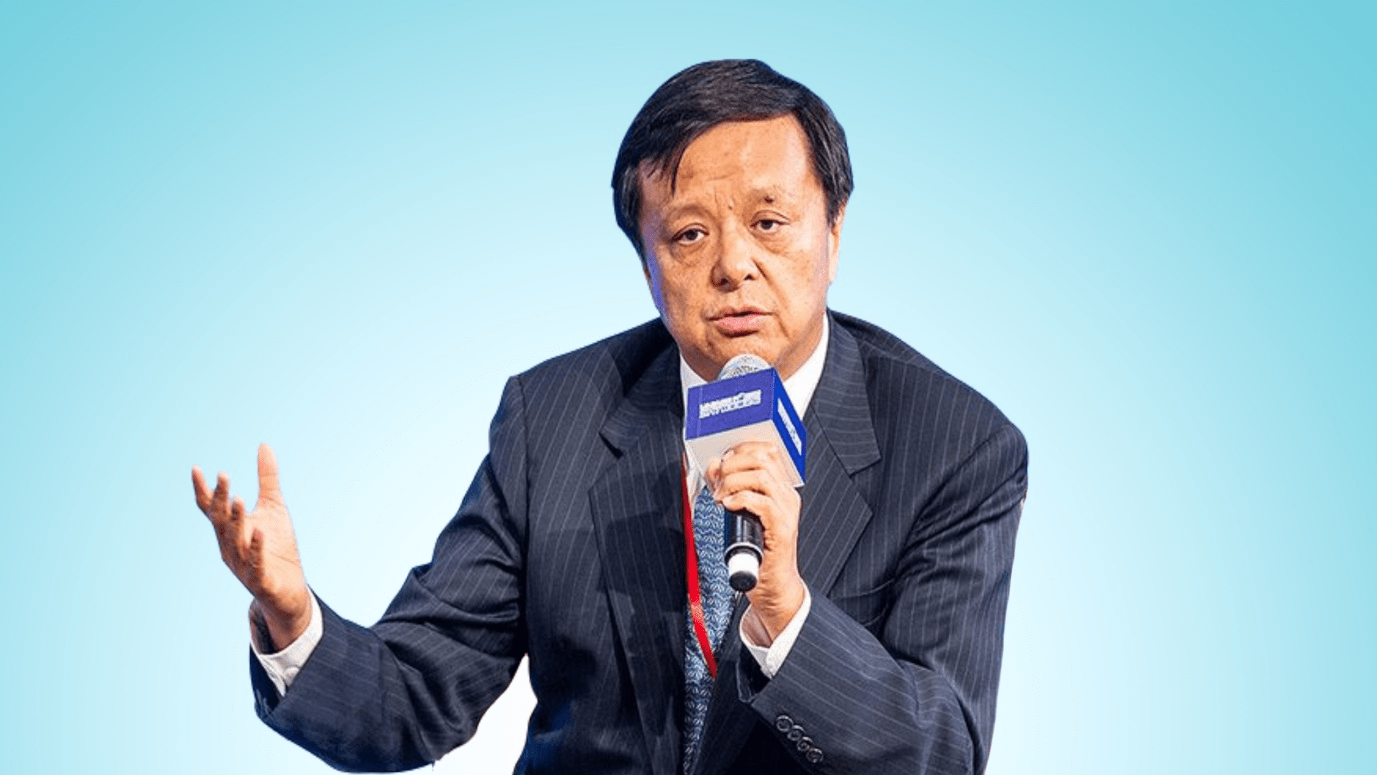
Why Skills-First Leadership Is Replacing the Ivy League Playbook in the C-Suite
The old prestige pyramid—where Ivy League degrees and blue-chip consulting backgrounds paved the way to the CEO seat—is cracking.

August 9, 2021: Beijing’s recent regulatory crackdown is a “wakeup call” for China’s corporate giants, which should not assume they are untouchable, says Charles Li, former Hong Kong Exchange, and Clearing CEO.
Still, he said the latest regulatory reforms to affect Hong Kong’s markets in the longer term are unexpected.
China has stepped up its scrutiny into few Chinese tech giants and imposed restrictions on sectors like education in the past few weeks, which surprised investors and businesses and triggered a market sell-off.
Companies need to be used to the speed of reforms, Li said, who is now the founder of investment platform Micro Connect to CNBC.
“Because you can’t take for granted that when your company is powerful enough, nobody will be able to touch them,” said Li. “It is something that probably is a little bit of an awakening and wake up call,” Li added.
In the last months, China has clamped down from anti-monopoly practices to cybersecurity and made the rules even tighter on data security.
Regulators have made their hold on domestic tech giants for much of the last year, from the suspension of Ant Group’s $34.5 billion listings to Alibaba’s $2.8 billion antitrust fine and a cybersecurity probe into ride-hailing firm Didi.
In recent weeks, tech and education stocks have sold off as the country increased regulatory oversight further.
Li said that the regulatory model of China is different from the U.S., which has an advantage for the Asian giant.
“When the U.S. government wanted to crack down on monopoly, it could take a lot of time and decades because of the institutional checks and balances,” he said.
“China’s model is slightly different, and other people think it’s a lot different,” Li said.
Li is not alone in pointing out the differences in China’s regulatory system.
Although, Li doesn’t think that China’s crackdown will hurt Hong Kong markets in the long run.
“This swing amid fairness and equity and efficiency is a very healthy self-regulatory move that will allow us not to be excessive and allow the society and the economy to move in greater harmony,” he said.

The old prestige pyramid—where Ivy League degrees and blue-chip consulting backgrounds paved the way to the CEO seat—is cracking.

Loud leaders once ruled the boardroom. Charisma was currency. Big talk drove big valuations.

But the CEOs who make history in downturns aren’t the ones with the deepest cuts

Companies invest millions in leadership development, yet many of their best executives leave within a few years. Why?

The most successful business leaders don’t just identify gaps in the market; they anticipate future needs before anyone else.

With technological advancements, shifting consumer expectations, and global interconnectedness, the role of business leaders

At seventeen, Professor Richard Rose stepped into a world few adults dare to navigate: the world of children fractured by trauma. He wasn’t a clinician then, nor a scholar. He was simply a young man with a heart tuned to the quiet ache of others.

Following a distinguished Law Enforcement career Joe McGee founded The Securitatem Group to provide contemporary global operational specialist security and specialist security training products and services for private clients, corporate organisations, and Government bodies. They deliver a wide range of services, including complete end-to-end protection packages, close protection, residential security, protection drivers, and online and physical installations. They provide covert and overt investigations and specialist surveillance services with a Broad range of weapons and tactical-based training, including conflict management, risk and threat management, tactical training, tactical medicine, and command and control training.

Jay Wright, CEO and Co-Owner of Virgin Wines infectious energy, enthusiasm, passion and drive has been instrumental in creating an environment that encourages talent to thrive and a culture that puts the customer at the very heart of every decision-making process.

Fabio de Concilio is the visionary CEO & Chairman of the Board at Farmacosmo, a leading organization dedicated to mental health and community support services. With a deep commitment to identifying and meeting customer needs, Fabio ensures that high standards are maintained across the board.

Leave us a message
Subscribe
Fill the form our team will contact you
Advertise with us
Fill the form our team will contact you